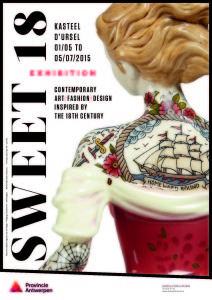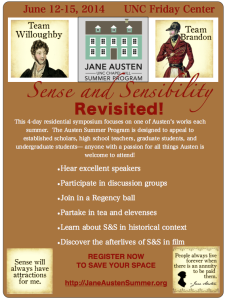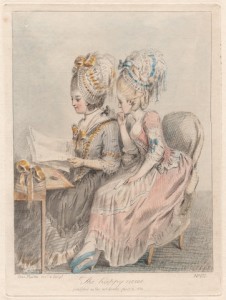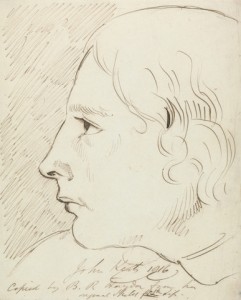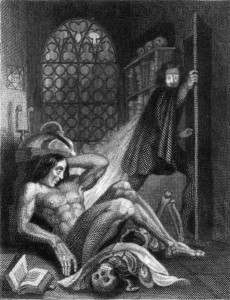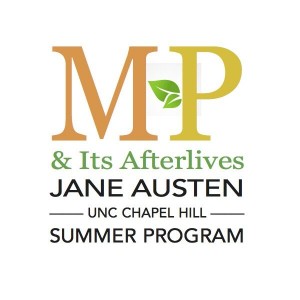 June 16 to 19, 2016. Hosted by the University of North Carolina, Chapel Hill and the Jane Austen Society of North America-North Carolina.
June 16 to 19, 2016. Hosted by the University of North Carolina, Chapel Hill and the Jane Austen Society of North America-North Carolina.
This summer, more than 100 people, including Austen fans, established scholars, graduate students, K-12 teachers, and aspiring authors, will have the opportunity to hear expert speakers and participate in discussion groups on Austen’s most controversial novel, Mansfield Park. Attendees will also partake in an English tea, dance at a Regency-style ball, join in a Regency-themed pub crawl, and visit special exhibits tailored to the conference.
They will be attending the fourth-annual Jane Austen Summer Program from June 16 to 19, 2016 to explore this year’s chosen theme: “Mansfield Park & Its Afterlives.” The events will take place at the newly-constructed Hampton Inn in Carrboro and at various locations on the UNC campus in Chapel Hill, NC.
The discussions will consider Mansfield Park in its historical context as well as its many afterlives in fiction and film. According to Inger Brodey, co-director of the program with James Thompson, “Many consider Mansfield Park to be Austen’s most philosophical novel, as well as the most controversial. Charming villains, temptresses, amusing fools and perfect busybodies: this novel has something for everyone, and lively discussions among academics and non-academics always produce new insights.”
“Every year we have a theatrical performance,” says Edward Davis, a veteran program participant. “It’s an original adaptation of one of Jane Austen’s minor works, performed by a group of very talented UNC grad students. It’s clever and humorous and acted in the spirit she had in mind when she wrote down her first stories. She would love our little plays. We do.” With the help of the Regency Assembly of North Carolina, the Summer Program hosts a Regency Ball at UNC’s Gerrard Hall. “The Hall dates to 1822, and the candle-lit atmosphere is perfect for bringing Austen’s plots and the Regency period back to life,” says Ruth Verbunt, who, along with her husband, has been instrumental in re-creating these historical moments.
For more program information, to see comments and photos from previous programs, or to register, please visit the program’s website janeaustensummer.org or follow the program at facebook.com/janeaustensummer or via twitter, @JASPhotline. You may also contact us at [email protected].
Elementary and secondary school teachers are encouraged to visit the website for information on available scholarships and continuing education credits.
(Original post provided by Carlie Wetzel, Teaching Fellow and Doctoral Student, Department of English and Comparative Literature, The University of North Carolina at Chapel Hill.)


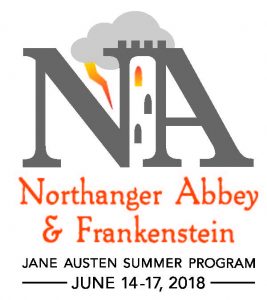 This summer more than 100 people, from readers to writers to scholars, will gather at the sixth-annual Jane Austen Summer Program to celebrate the bicentenary of Jane Austen’s Northanger Abbey and Mary Shelley’s Frankenstein. Attendees of “Northanger Abbey and Frankenstein: 200 Years of Horror” will have the opportunity to hear expert speakers and participate in discussion groups on the gothic-inspired novels. They also will partake in an English tea, dance at a Regency-style masquerade ball, attend Austen-inspired theatricals, and visit special exhibits tailored to the conference.
This summer more than 100 people, from readers to writers to scholars, will gather at the sixth-annual Jane Austen Summer Program to celebrate the bicentenary of Jane Austen’s Northanger Abbey and Mary Shelley’s Frankenstein. Attendees of “Northanger Abbey and Frankenstein: 200 Years of Horror” will have the opportunity to hear expert speakers and participate in discussion groups on the gothic-inspired novels. They also will partake in an English tea, dance at a Regency-style masquerade ball, attend Austen-inspired theatricals, and visit special exhibits tailored to the conference.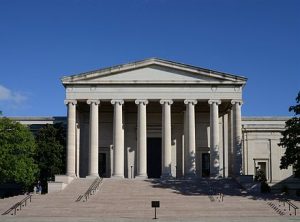
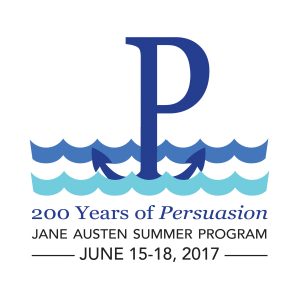 The University of North Carolina, Chapel Hill and The Jane Austen Society of North America—North Carolina
The University of North Carolina, Chapel Hill and The Jane Austen Society of North America—North Carolina June 16 to 19, 2016. Hosted by the University of North Carolina, Chapel Hill and the Jane Austen Society of North America-North Carolina.
June 16 to 19, 2016. Hosted by the University of North Carolina, Chapel Hill and the Jane Austen Society of North America-North Carolina. 